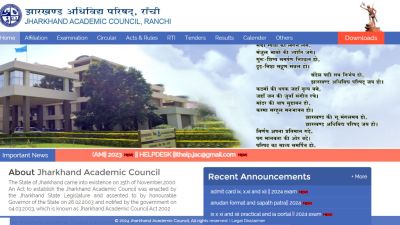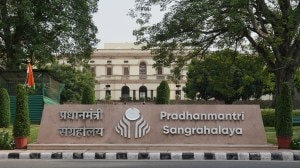- India
- International
Raj of the Royals (III): Rajasthan families that still have finger on power
Rajasthan consists of 18 royal families, more than half of which have fielded candidates in the state and national elections.
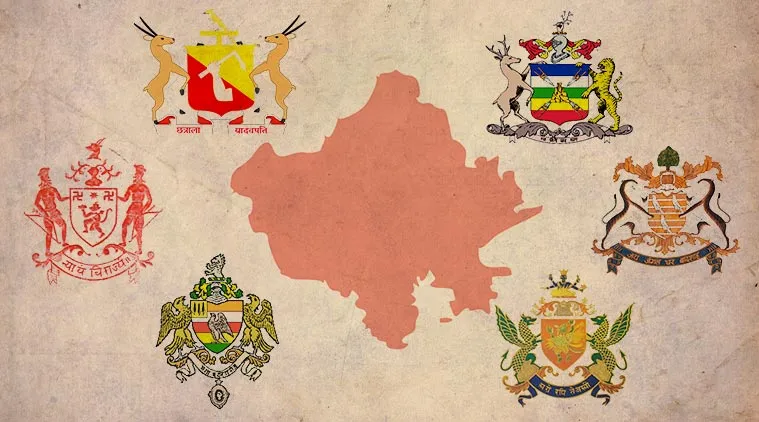 Rajasthan consists of 18 royal families, more than half of which have fielded candidates to the state and national elections.
Rajasthan consists of 18 royal families, more than half of which have fielded candidates to the state and national elections.
In the late 1930s, when the architects of the nationalist struggle along with the British were busy drawing the contours of what would soon be an Independent India, the soon-to-be-prime minister, Jawaharlal Nehru, wrote rather derogatively about the princely states that dotted across the peripheries of British ruled India, in a work titled, “What are the Indian states?”. In Nehru’s opinion the states were ‘backward’, many among them being stuck in the “feudal age”. Yet, less than a decade later, when these states had been integrated into a free nation, the government-owned overseas airlines company, Air India, chose the turbaned Maharaja or prince in all its royalty as their official mascot. Soon the princes, would make their presence felt in the administration of the country. “In independent India and Pakistan, governments have appointed them to positions ranging from state governors to ambassadors; political parties have co-opted erstwhile princes as candidates for the central and state legislatures and appointed them as ministers,” writes historian Barbara N. Ramusack in her book ‘The Indian princes and their states.’
In his work titled ‘Princes in Indian politics’, political scientist William L. Richter notes that princes and members of princely families have competed for parliamentary and assembly seats since the first general elections in 1951-52. As per his research, the regions with the highest princely candidacy are Orissa and the Chhattisgarhi region of Madhya Pradesh, followed closely by Rajasthan and Gujarat. Richter writes that the reasons for the continued prominence of the princes in politics are diverse. In most cases, traditional support had not been eroded. In some others, the disappointment caused by the rule of the Indian government generated nostalgia for the ‘good old days’ of the princely states. In several cases, local or national political parties have absorbed princely members to broaden the popular appeal and some others, the princes have themselves adopted modern campaign techniques by forming independent political parties.
As Rajasthan, Madhya Pradesh and Chhattisgarh go to polls in the coming days, here is a look at how the erstwhile royalties of these states have continued to rule through modern political mechanisms.
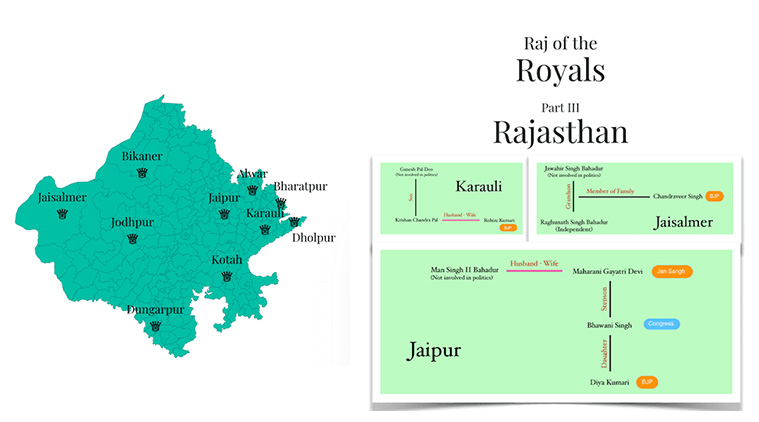
Rajasthan
Rajasthan consists of 18 royal families, more than half of which have fielded candidates in the state and national elections. Perhaps the earliest instance of political involvement of the princes was when, soon after Independence, the Maharaja of Jodhpur, Hanwant Singh Rathore, actively went about persuading fellow rulers to stand as independents in the 1952 elections. His initiative was soon followed by the likes of Gayatri Devi of Jaipur who formed parties of their own. There were several who were absorbed by the Congress and whose descendants the party continues to field, and then there were those who switched loyalty from the Congress to the Jan Sangh or more recently to the BJP.

Jodhpur
Maharaja Hanwant Singh of the Jodhpur royal family had taken over the throne in 1947. After Independence, he formed the Akhil Bhartiya Ramrajya Parishad in 1952 to contest in both the Assembly and General elections. As per records, Singh would have got substantial votes in his region. However, on January 26, 1952, he died in a plane crash while he was out campaigning.
His son Gaj Singh, succeeded to the throne the same year. He served as a Rajya Sabha member between 1990 and 1992.
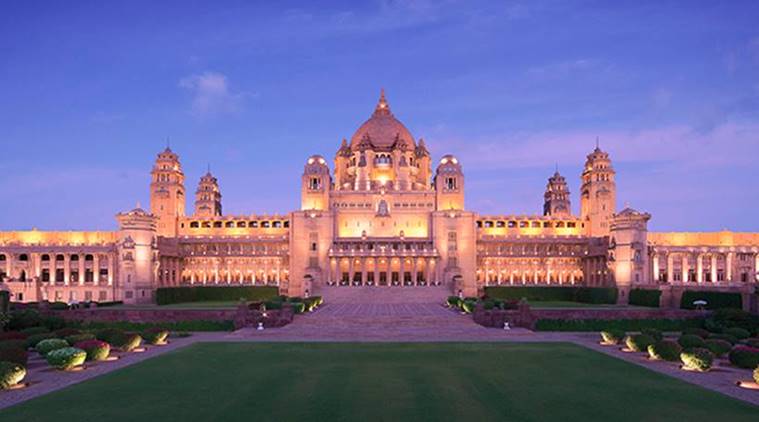 The Jodhpur royal palace, Umaid Bhawan.
The Jodhpur royal palace, Umaid Bhawan.
Gaj Singh’s elder sister, Chadresh Kumari Katoch is also a politician belonging to the Congress party. She is a former Minister of Culture in the central government and had previously served as member of the Lok Sabha first in 1984 from Kangra in Himachal Pradesh, where she was married to local ruler Raja Aditya Dev Chand Katoch, and then again in 2009 from Jodhpur. Katoch contested in the 2014 general elections from Jodhpur, but could not retain her seat.
Jaipur
Maharani Gayatri Devi, the third Maharani of the royal family through her marriage to Maharaja Sawai Man Singh II, became part of the Swatantra Party founded by C. Rajagopalachari. In the 1962 Lok Sabha elections, she won the world’s largest landslide victory from the Jaipur constituency. She held on to her seat in the 1967 and 1971 elections as well, and determinedly decided against joining the Congress, despite their repeated requests. Later, in 1967 her party joined hands with Jan Sangh. She retired from politics in the mid-1970s.
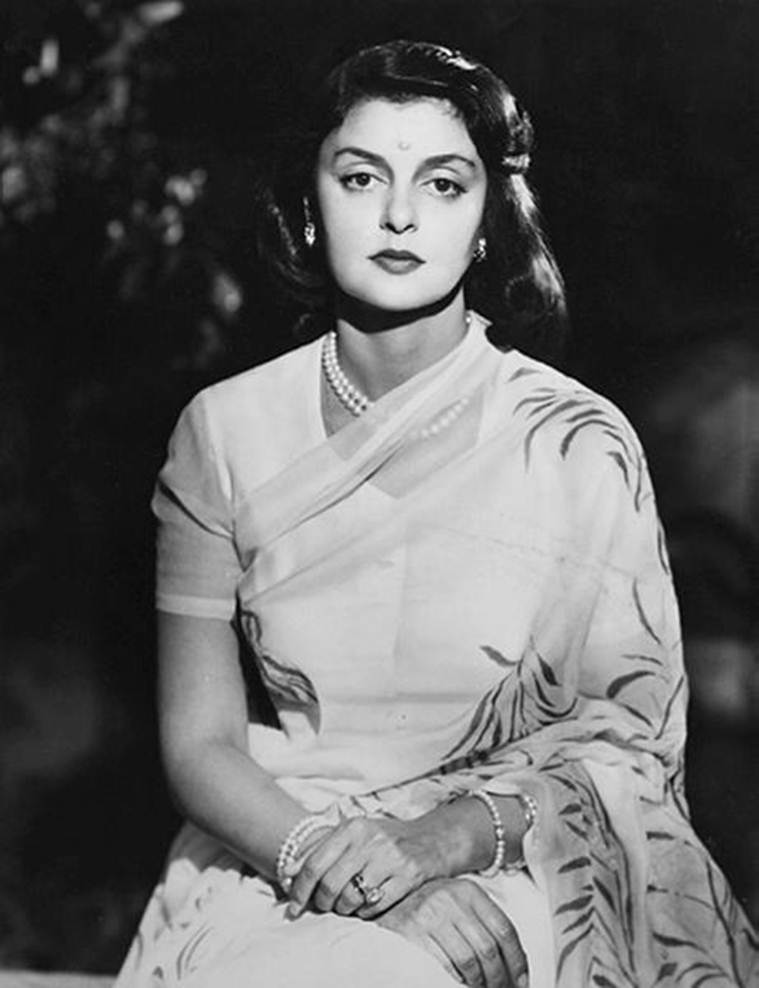 Maharani Gayatri Devi, the third Maharani of the royal family through her marriage to Maharaja Sawai Man Singh II, became part of the Swatantra Party founded by C. Rajagopalachari. (Express Archive Photo)
Maharani Gayatri Devi, the third Maharani of the royal family through her marriage to Maharaja Sawai Man Singh II, became part of the Swatantra Party founded by C. Rajagopalachari. (Express Archive Photo)
Her stepson Bhawani Singh, the last titular king of Jaipur, was also involved in local politics. At the request of Rajiv Gandhi, Singh contested in the 1989 Lok Sabha elections but lost to BJP’s Girdhari Lal Bhargava. He then retired from active politics.
Singh’s daughter Diya Kumari stepped into politics in 2013, when she joined the BJP at a rally addressed by Narendra Modi. She is a member of the Rajasthan Legislative Assembly from the Sawai Madhopur constituency after winning the last state elections.
Jaisalmer
Maharawal of Jaisalmer Raghunath Singh Bahadur had taken over the throne in 1950. He was elected to the Lok Sabha in 1957 from Barmer. In 1980, Chandraveer Singh, uncle of current scion Maharawal Brijraj Singh, was elected MLA. The family had not been involved in active politics for a long time until recently when the wife of Brijraj Singh, Rajeshwari Rajya Lakshmi, made public her decision to contest the upcoming elections. However, she has still not revealed her political allegiance.
Dholpur
Rajasthan Chief Minister Vasundhara Raje, the daughter of Jivajirao Scindia of the Gwalior royal family, was married to Maharaj Rana Hemant Singh of the Dholpur family. But the couple separated a year later. Raje joined politics in 1984 when she was made a member of the national executive of the newly formed BJP. In 1985 she became a member of the Rajasthan Legislative Assembly from Dholpur. She has also been a member of the Lok Sabha five times. Raje was elected as chief minister of the state first in 2003 and then again in 2013. From 2003 onwards, she has retained her seat in the Legislative Assembly from the Jhalrapatan constituency.
Raje’s son Dushyant Singh was first elected to the Lok Sabha in 2014 from the Jhalawar-Baran constituency.
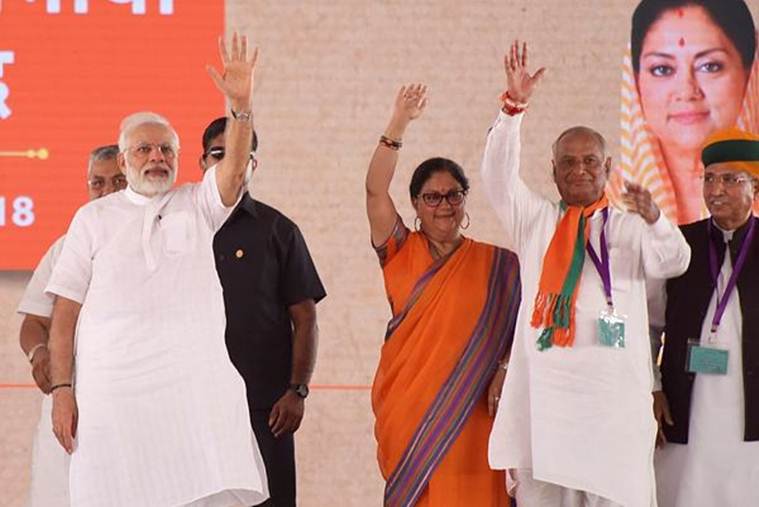 Vasundhara Raje joined politics in 1984 when she was made a member of the national executive of the newly formed BJP. (Express Photo by Rohit Jain Paras)
Vasundhara Raje joined politics in 1984 when she was made a member of the national executive of the newly formed BJP. (Express Photo by Rohit Jain Paras)
Bharatpur
Brijendra Singh, the last titular king of the Bharatpur state, was an MP between 1962 and 71. His son Vishvendra Singh is currently a member of the Legislative Assembly from the Deeg-Kumher constituency in Bharatpur district. Singh made his entry into politics in 1989 when he was elected to the Lok Sabha on a BJP ticket. Since then he has oscillated on various occasions between the BJP and the Congress. In 1995, he got elected to the Rajasthan Assembly from Nadbai on a Congress ticket. Again in 1999 and 2004 he contested for the Lok Sabha on a BJP ticket and won. However, in 2008 he swung back to the Congress and was elected to the Assembly in 2013. His wife Divya Kumari is also a former member of Parliament who was elected from Bharatpur constituency in 1996 on a BJP ticket.
Bikaner
The last titular king of Bikaner, Karni Singh, plunged into electoral politics in 1952 as an independent candidate and served as member of the Lok Sabha from the Bikaner constituency for a good 25 years. His grand daughter Siddhi Kumari is a politician affiliated to the BJP. She was elected to the Rajasthan Legislative Assembly from Bikaner East in 2008 and was re-elected in 2013.
Kotah
The current Maharao of Kotah, Brijraj Singh, has been Member of Parliament from Jhalawar between 1962 and 1977. His son Ijyaraj Singh is still active in politics. He won a Lok Sabha seat from Kota in 2009 on a Congress ticket. However, he lost in 2014. Both Singh and his wife, Kalpana Devi joined the BJP earlier this year. Devi would be contesting from the Ladpura constituency.
Alwar
The Alwar royal family’s involvement in politics goes back to the days of the nationalist struggle. Tej Singh, who was appointed by the British to the Alwar throne in 1937, was a fierce Hindu nationalist and served as president of the Akhil Bharatiya Kshatriya Mahasabha. He is also believed to be one of those who funded the Rashtriya Swayamsevak Sangh (RSS), though he did not play a role in active politics in independent India.
Singh’s daughter-in-law Mahendra Kumari, who was also the princess of Bundi, was elected into the Parliament from Alwar on a BJP ticket in 1991. She died in June 2002.
Kumari’s son Jitendra Singh is currently a member of the Congress party. As the the Alwar MP he was Minister of State for Youth Affairs and Sports, Minister of State for Defence and Minister of State for Home Affairs in the last UPA government. He had also represented Alwar city constituency in the Rajasthan Legislative Assembly.
Dungarpur
Laxman Singh, the last titular king of Dungarpur, along with some other royals formed the United State of Rajasthan in March 1948. The following year, it became the Greater Rajasthan to which Dungarpur had acceded. Following the accession, Singh served as an MP in the Rajya Sabha, representing Aspur. He also served as president of the Swatantra Party between 1961 and 1969. He had also been elected as an MLA from Chittor and served as Speaker in the Assembly from 1977 to 1979. Singh was an MLA when he passed away in 1989.
Singh’s grandson and the crown prince of Dungarpur, Harshvardhan Singh, has been a BJP Rajya Sabha member from 2016.
Karauli
The present Maharaja of Karauli, Krishan Chandra Pal and his wife Rohini Kumari are both involved in active politics. Kumari was elected as MLA in Rajasthan in 2008.
Apr 19: Latest News
- 01
- 02
- 03
- 04
- 05











